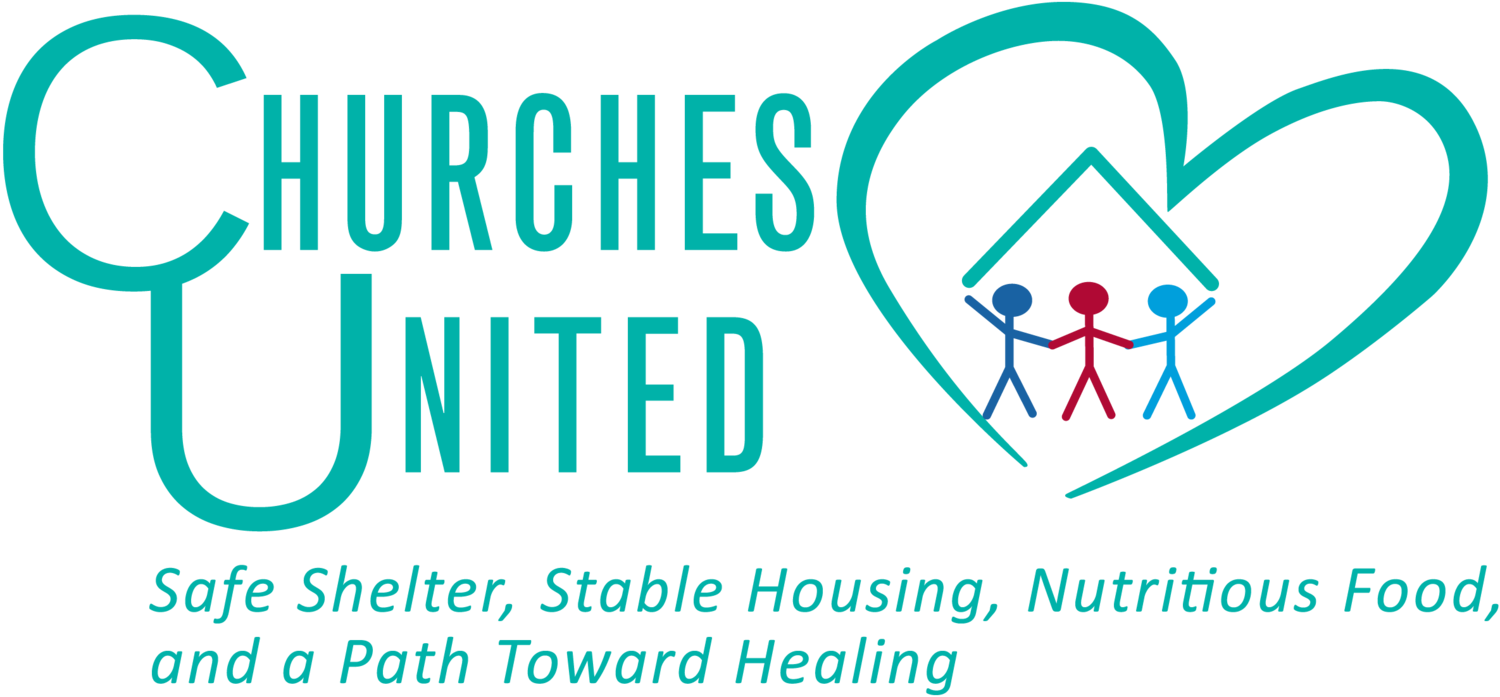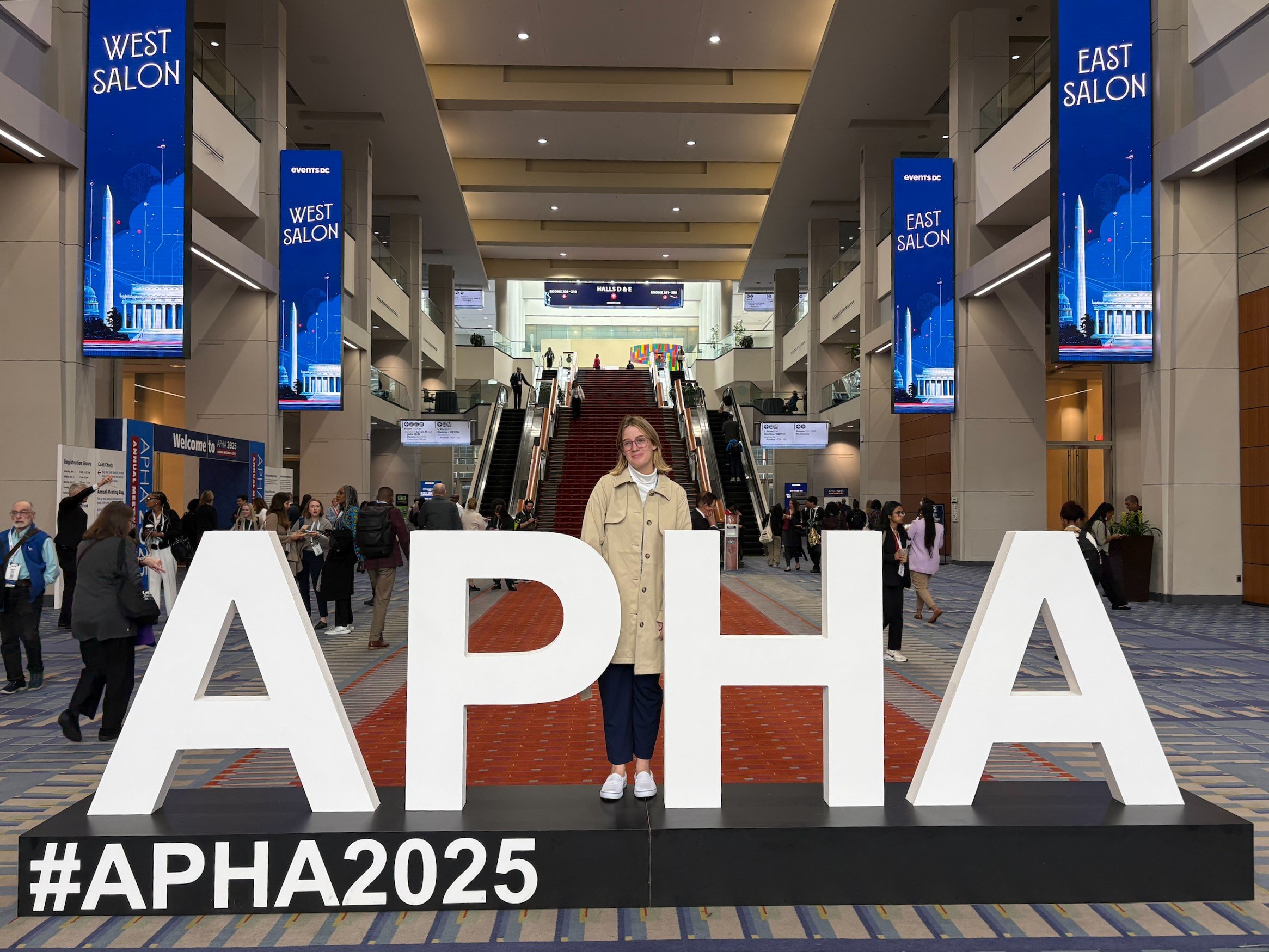D.C. Public Health Conference outlines different approaches to homeless reform
Churches United family case manager shares insights from conference earlier this month
Churches United Family Case Manager Haylee Kaul at the Annual Public Health Conference in Washington, D.C., Nov. 2-5, 2025.
By Haylee Kaul, Churches United family case manager
I had the opportunity to attend the Annual Public Health Conference and work alongside the Coalition for the Homeless in Washington, D.C, from Nov. 2-5.
Throughout the conference, I listened to incredible speakers who are also fighting for homeless reform. I attended sessions on a variety of topics, including addressing homelessness among marginalized communities, financial support strategies, human rights approach to political inclusion, advocacy and empowerment and innovative models for understanding and addressing homelessness.
Other sessions focused on overdose disparities and the social determinants of health, novel harm-reduction approaches for substance use (aimed at reducing overdose fatalities), understanding the health impacts of homelessness and substance use, and addressing underutilization and health inequalities among people experiencing homelessness.
It was inspiring to learn how different states are approaching homeless reform and advocacy. One presenter shared how they connected with the community through an art exhibit, where members of the homeless population were able to share their stories, artwork and talents with the public — something I would love to see happen in our own community.
Another presenter discussed how they are utilizing apps to help coordinate mobile street outreach to homeless encampments, allowing their team to go directly to where people are rather than expecting individuals to come to them. This is something we are fortunate to see locally, as Family Healthcare also provides mobile outreach. Mobile outreach programs have been shown to significantly improve outcomes, as teams that meet people where they are — whether in encampments or other high-need areas — build trust more quickly and are able to connect more individuals to housing and essential services.
On one of my free days, I also had the opportunity to volunteer at a local church serving meals to people experiencing homelessness. It was an amazing experience to hear their stories, connect with them on a personal level and share what I do at CU and what I am studying in school regarding homeless reform. It felt wonderful to take what I’ve learned and the passion I have at CU and extend that same compassion and care to our unhoused community in another city.
Finally, I had the privilege of presenting my own research, “A Comparative Analysis of United Nations and United States Framing,” a topic I have been studying for the past year. The experience was both empowering and deeply motivating, reinforcing my commitment to advancing solutions for homelessness and public health.

